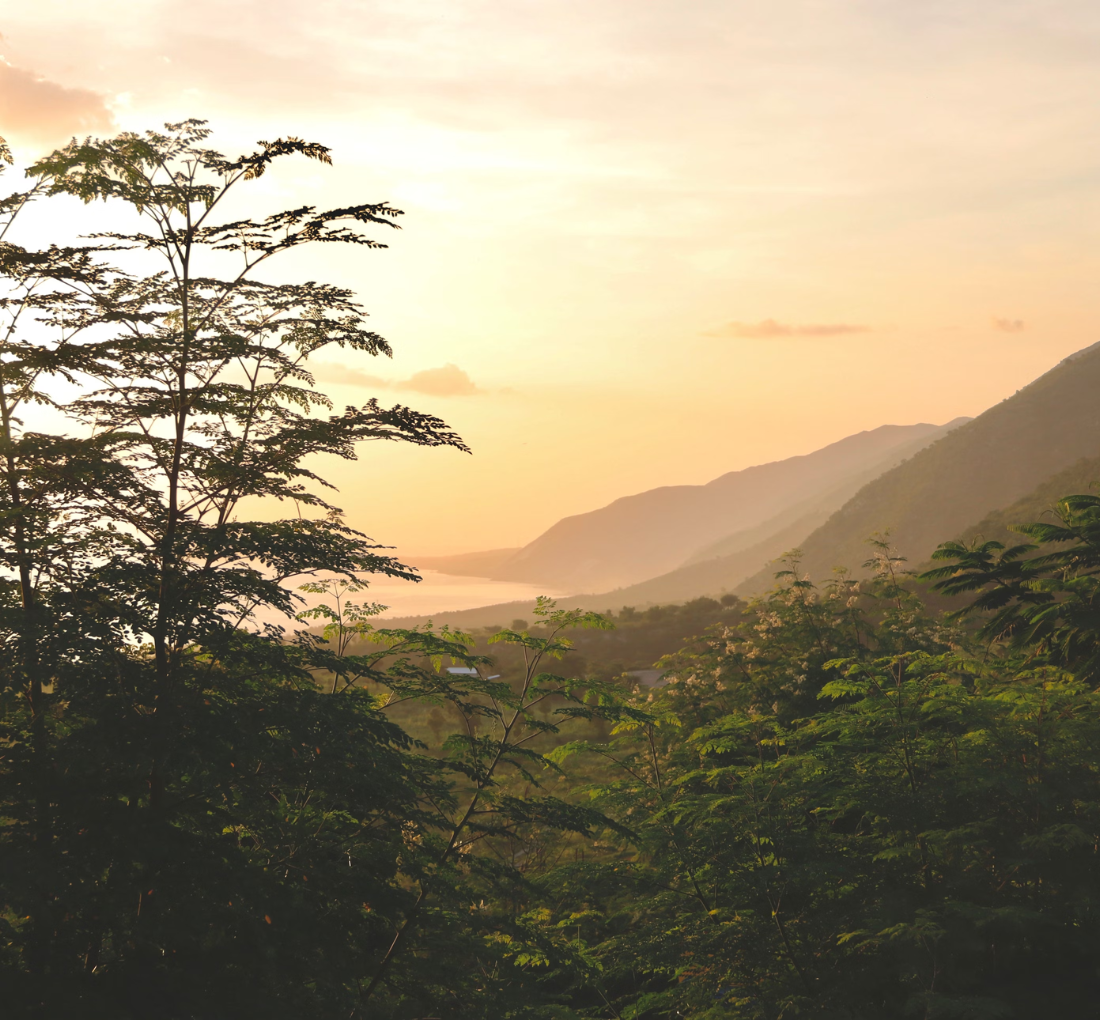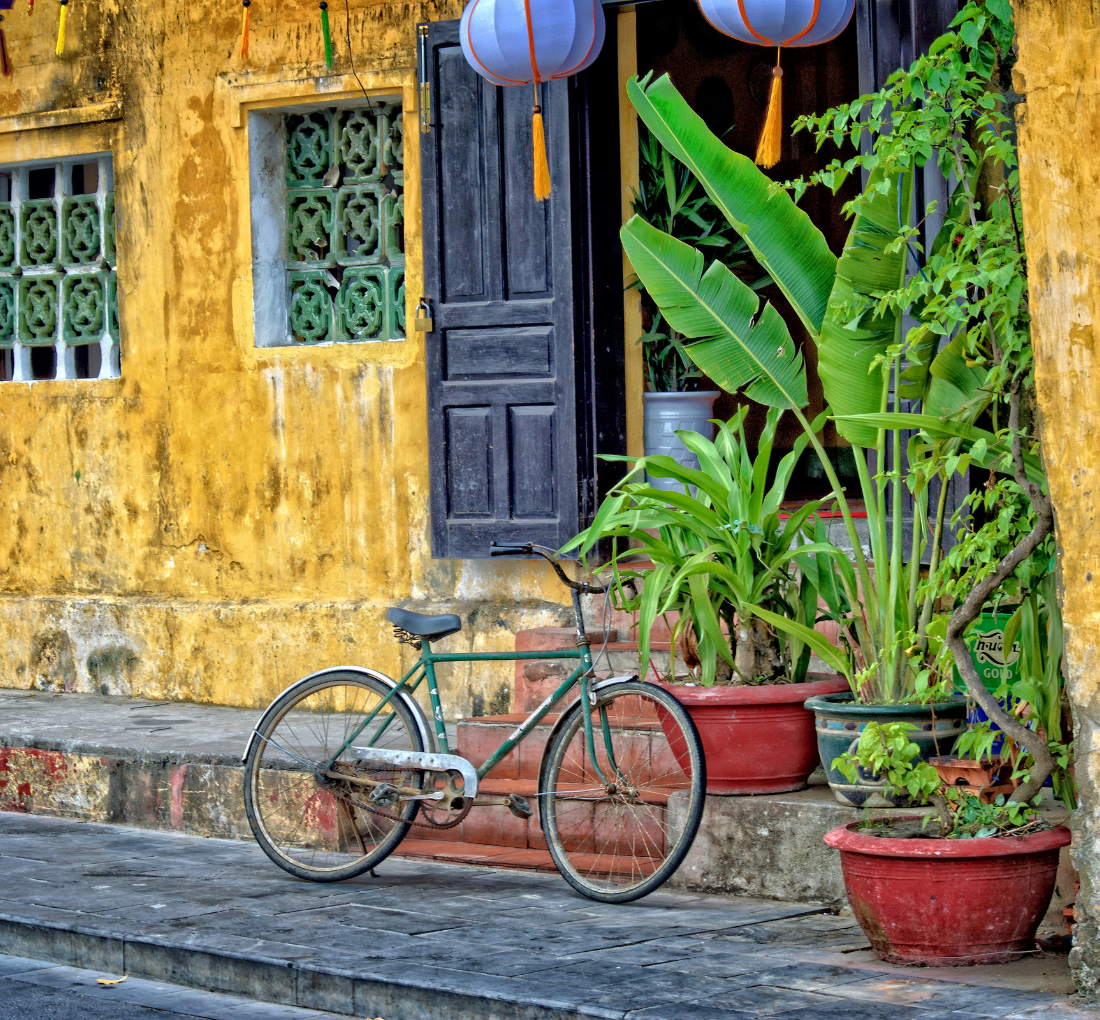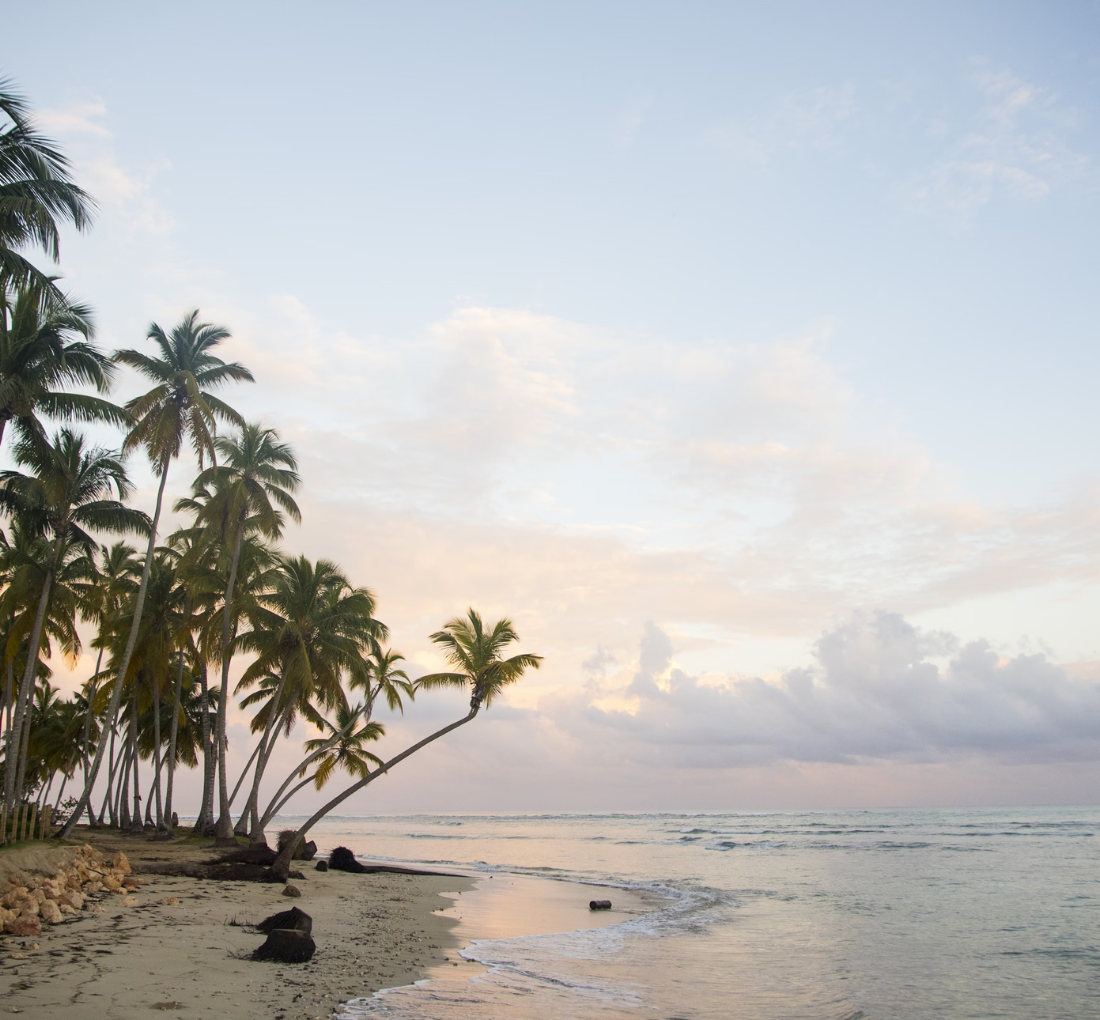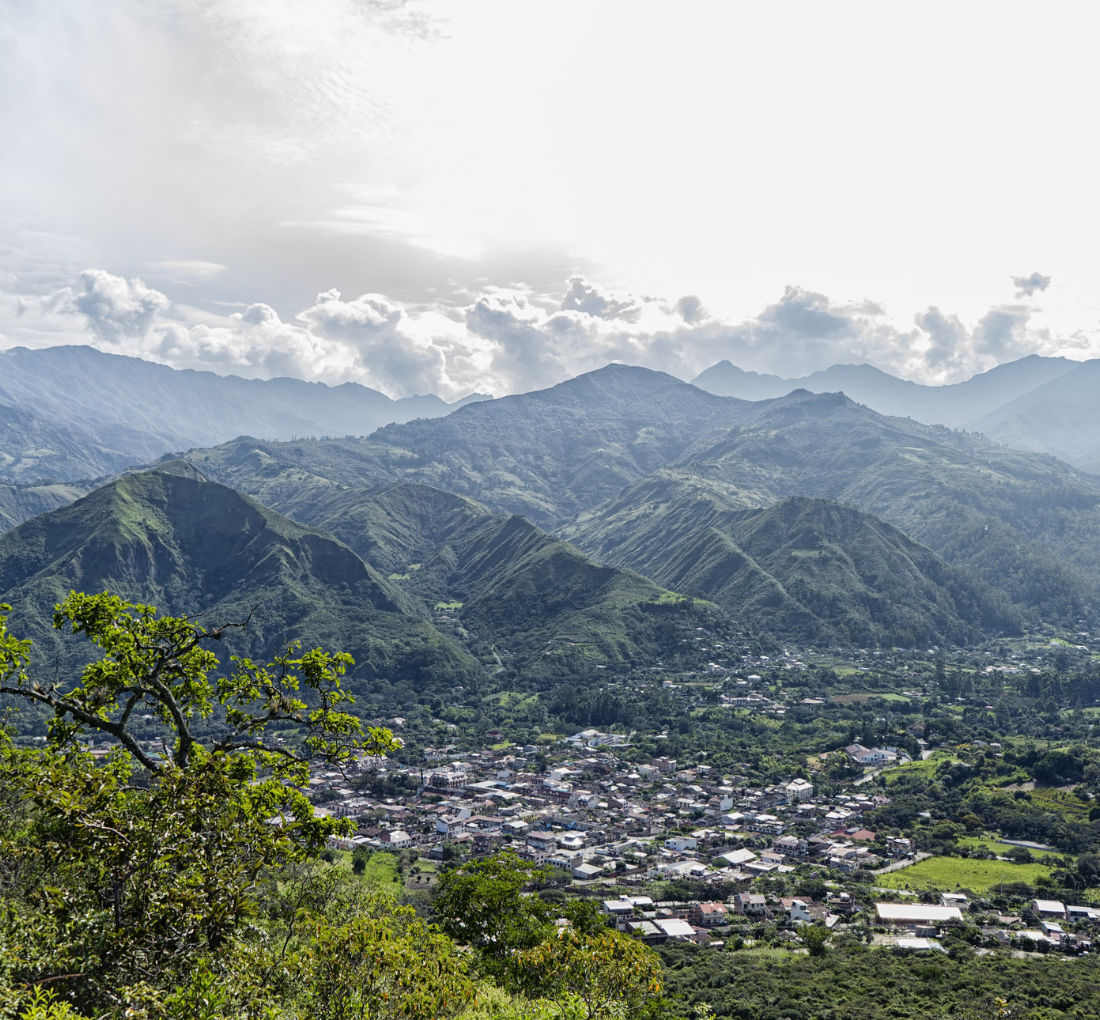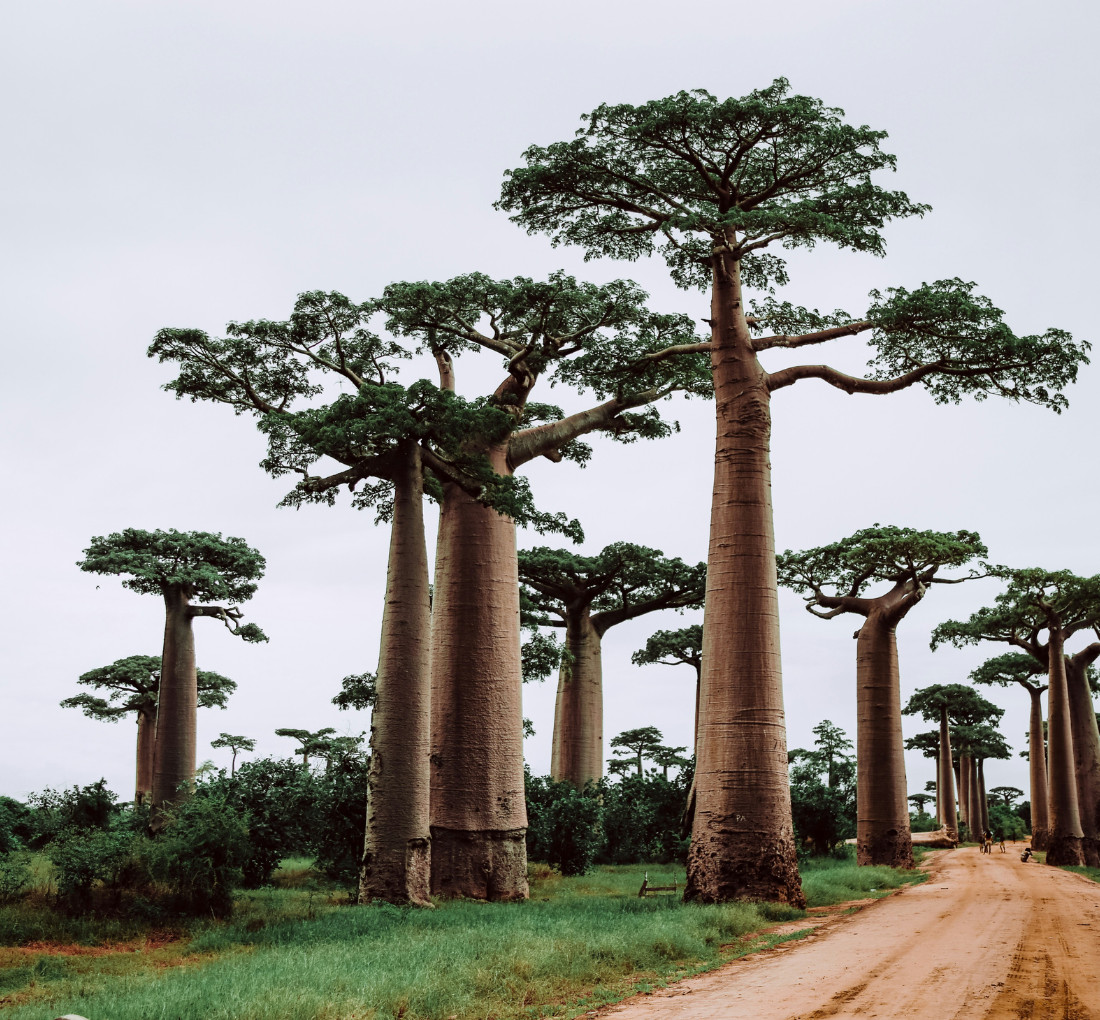Jamaica, the third-largest island in the Caribbean, has a complex history of colonial exploitation, yet it has fostered a vibrant culture that blends African, European, and indigenous influences. This cultural fusion has given rise to internationally beloved exports like reggae music and traditional dishes such as jerk chicken, ackee and saltfish, and patties. Once a major sugar exporter reliant on African slave labor, Jamaica fully emancipated all slaves in 1838, leading to a shift towards subsistence farming. The island's tropical climate, with warm temperatures year-round and distinct wet and dry seasons, combined with fertile soil, makes it well-suited for agriculture. Jamaica's geography is diverse, encompassing dry and wet forests, mountains, wetlands, and coral reefs. The interior is dominated by mountains, with Blue Mountain Peak rising over 2,200 meters. Cocoa has been cultivated in Jamaica since the 17th century when it was introduced by Spanish colonizers. Today, Jamaica is renowned for producing "fine" (as opposed to “bulk”) cocoa – one of only 8 countries to produce it exclusively – and has approximately 6,000 registered small farmers. While 98 percent of cocoa is exported, Jamaican artisan chocolate is increasingly gaining recognition for its quality.
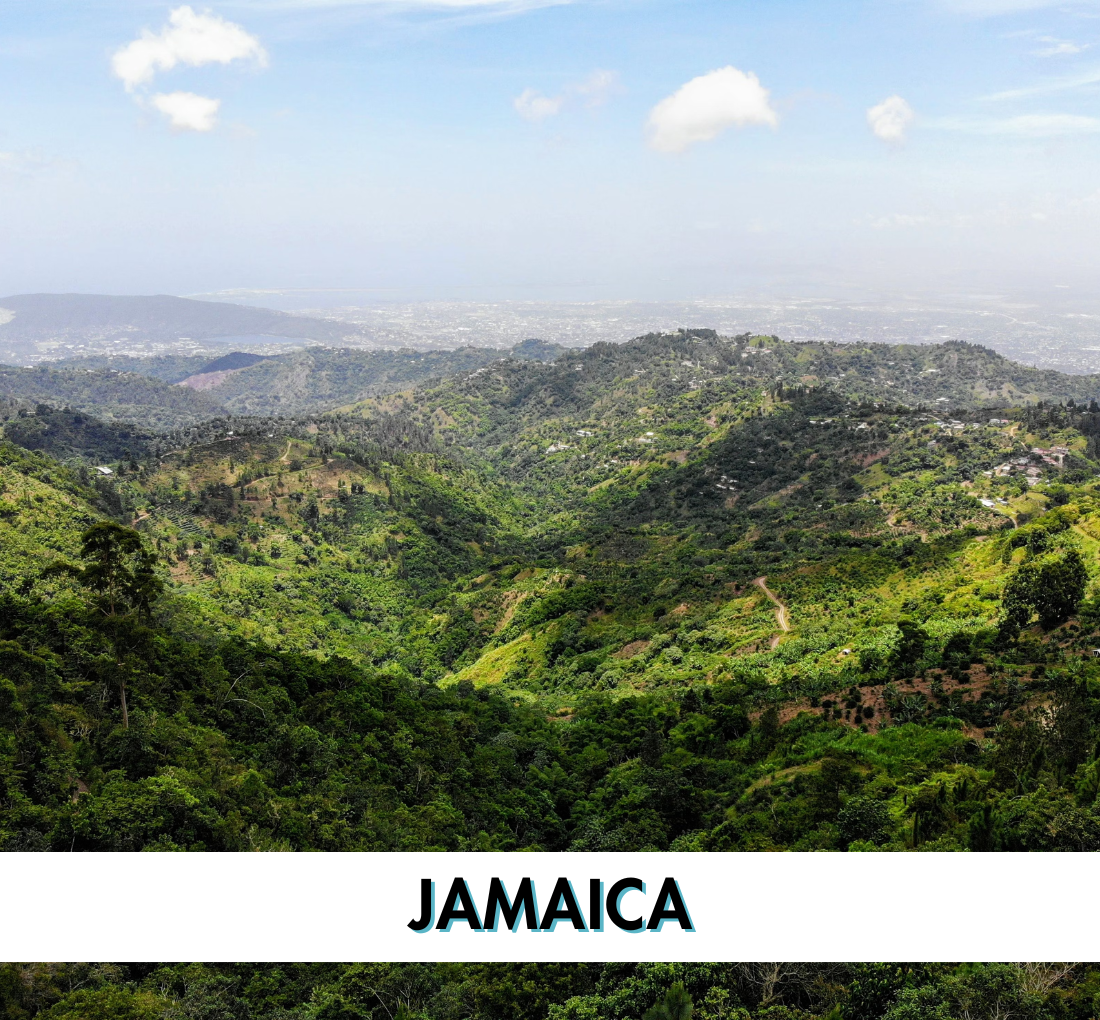
No Product Found
There's a whole world to explore
Discover the world’s diverse cocoa growing regions – from sun-drenched islands to tropical rainforests to lush mountainsides.

